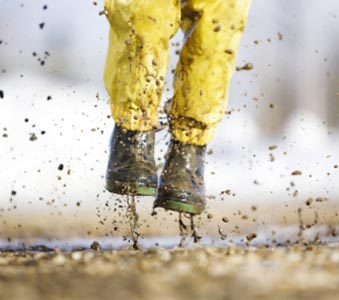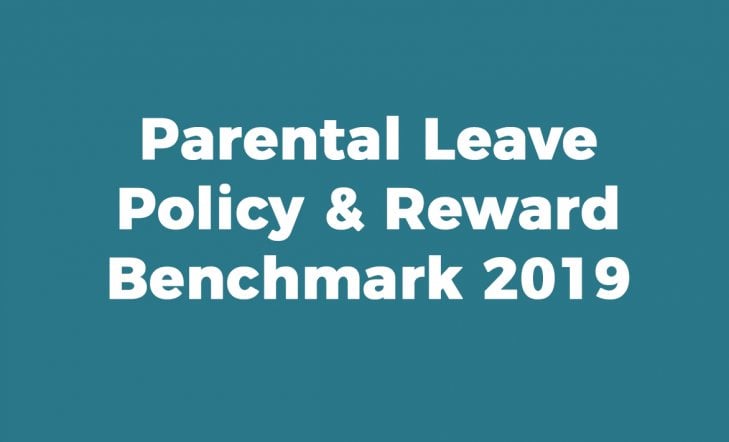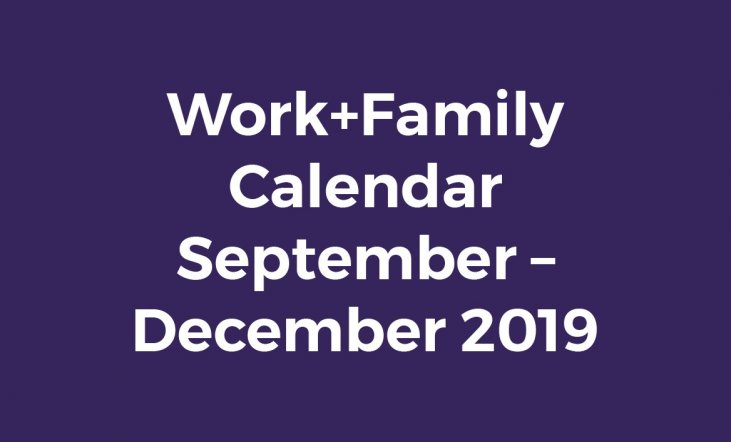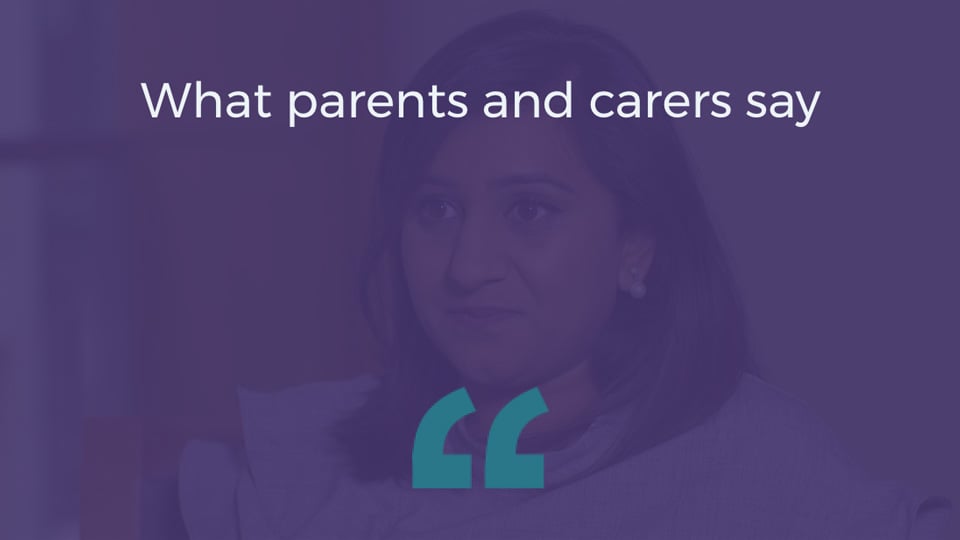Newsletter Sign Up
Regular work+family updates for
HR and diversity professionals.
My Family Care asks Beth: Why is it important for children to spend time outdoors?
As a teacher
As a PE teacher based in central London and teaching both Primary and Secondary aged children, the development of children is, more often than not, at the forefront of my mind.
From persuading un-motivated adolescents to 'jog the length of a tennis court' to taming over zealous 5 year olds to 'stand still on a line whilst they wait to jump like a kangaroo', the benefits of outdoor and active play are clear to me.
Child development
A child's motor skill development and social development begin when they are 2 months old, and their sensory capacity and emotional needs begin developing at birth. These four elements are essential to the development of all children if they are to grow into healthy adults.
The natural environment undoubtedly lends itself to developing all of these skills. Simple outdoor play in public playgrounds, on swings, climbing frames, see-saws and roundabouts builds core strength, stamina and develops resilience amongst toddlers and young children.
As children grow, playing more organised games or planned activities helps them enhance their skills as a team player, gain valuable experience winning and losing, as well as encouraging cooperation, socialisation, empathy, the ability to follow and abide by rules, fair play, sportsmanship.
Health issues
Giving children the chance to play outdoors alleviates stress and anxiety levels, as well as contributing to health and well-being. We know that children who spend too much time indoors are more likely to have vitamin D deficiencies due to lack of sunlight. Indeed, with a recent increase in rickets, it is more vital than ever to get children outside and active.
High impact activities such as running, hopping, skipping, and jumping all increase bone density and are a vital first step when trying to beat future bone problems.
Varying benefits
I find it hard to say one type of outdoor activity is better than the next as they are all valuable.
Simple activities such as 'jumping in puddles' are high impact activities that develop strong bones, raise heart rates and improve a child's cardiovascular system, creates a sense of adventure and are lots of fun. It's important to remember that it should be fun as it allows a child to associate being outside and physically active as enjoyable, rather than a chore.
Riding a balance bike (a small bike that has no pedals and young children use before they have learned to ride a bike) develops core strength, something that is an essential basis for all physical activities. It also develops their sense of balance, co-ordination, spatial awareness, understanding of speed and independence.
Trading the sofa for the park
Modern lives lend themselves to indoor living with hi-tech gadgets and computers often taking the burden off over-worked and exhausted parents. However, the following list highlights a range of physical activities that can develop a variety of fitness types, as well as providing your children with the emotional, social and sensory needs in order to live a healthy life.
Remember every activity is beneficial, most of these suggestions are free and all of them encourage positive development of a child's physical and mental well-being.
|
|
Or if you happen to have a few extra children on hand over the summer, why not organise a few of these activities:
Beth Howe, Head of PE, Elizabeth Garrett Anderson












